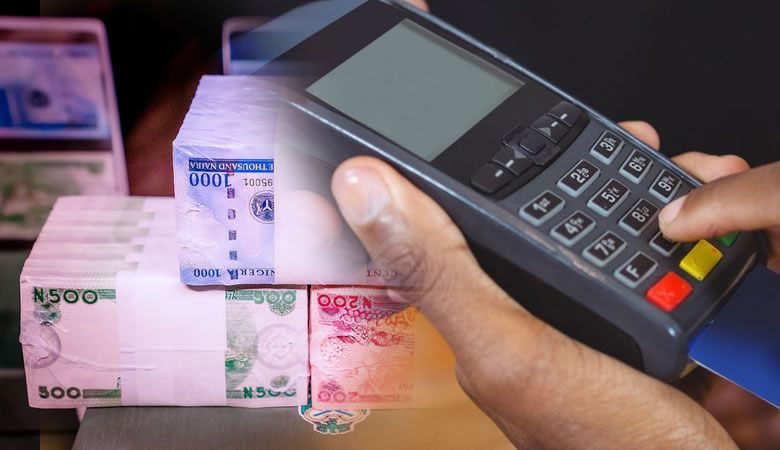The Federal Government, through the Corporate Affairs Commission, has set a two-month deadline for Point of Sale companies to register their agents, merchants, and individuals with the commission as required by law and the directives of the Central Bank of Nigeria.
A meeting between Fintechs and the Registrar-General CAC, Hussaini Ishaq Magaji, in Abuja on Monday led to this agreement.
According to the Nigeria Inter-Bank Settlement System, there are over 1.9 million PoS terminals deployed by merchants and individuals nationwide.
The CAC boss, at the meeting, explained that the measure aims to protect the businesses of Fintech’s customers and strengthen the economy.
He also highlighted that the action is supported by Section 863, Subsection 1 of the Companies and Allied Matters Act, CAMA 2020, and the 2013 CBN guidelines on agent banking.
The CAC boss clarified that the registration timeline, ending on July 7, 2024, is not aimed at specific groups or individuals but genuinely intends to provide protection for businesses.
The Corporate Affairs Commission and fintech companies in Nigeria, also known as PoS operators, have agreed to the two-month deadline to register their agents, merchants, and individuals with the CAC, in line with legal requirements and the directives of the Central Bank of Nigeria, as stated in a commission statement.
The agreement was reached during a meeting between Fintechs and the Registrar-General, CAC, Hussaini Ishaq Magaji, in Abuja.
This new instruction comes after fraud incidents involving POS terminals and the Central Bank of Nigeria's plan to prohibit trading in cryptocurrency or any virtual currency. POS terminals accounted for 26.37 per cent of fraud incidents in 2023, as per a fraud report by the Nigeria Inter-Bank Settlement System Plc.
Last week, the CBN barred major fintech firms such as Kuda, Opay, PalmPay, and Moniepoint from onboarding new customers and instructed them to caution their customers against trading in cryptocurrency or any virtual currency on their apps, with a threat to block any accounts engaging in such activities.
The CBN's action was connected to an ongoing audit of the Know-Your-Customer process of the fintechs, which have been scrutinized in recent months over concerns about money laundering and terrorism financing.
Prior to the CBN’s directive, the Economic and Financial Crimes Commission had obtained a court order to freeze at least 1,146 bank accounts owned by various individuals and companies allegedly involved in illegal foreign exchange transactions.
OPay stated that it would take strict measures against customers who violate its policy, aligning with the Central Bank of Nigeria’s stance on cryptocurrency trading.
The statement added that several speakers from the fintech industry pledged to collaborate with the commission to ensure smooth implementation of the directive.
However, some emphasized the need for thorough and collective awareness to ensure the directive's success.



